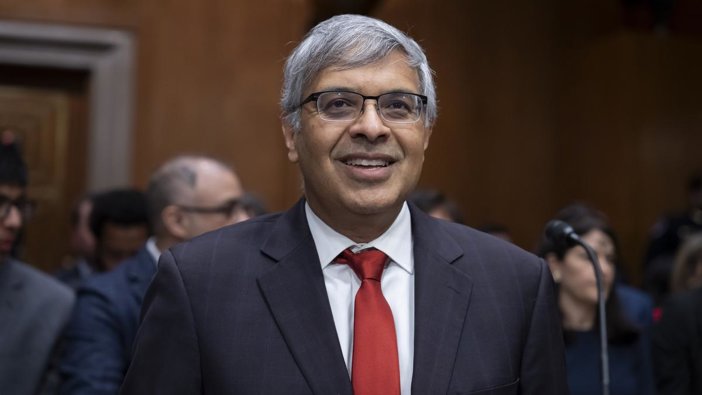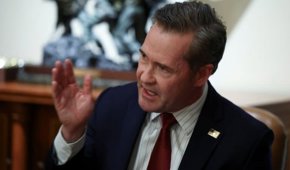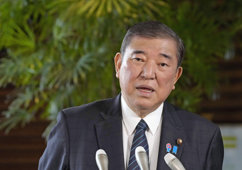
Bhattacharya Confirmed as NIH Director
Stanford University professor Jay Bhattacharya has been confirmed by the United States Senate to serve as the new director of the National Institutes of Health (NIH), the nation's leading biomedical research agency. The confirmation came through a narrow 53–47 vote, with all Republican senators voting in favor of the appointment.
Bhattacharya is known for his views on public health policy and previously gained national attention for his critiques of pandemic-related restrictions. His appointment marks a significant shift in the NIH's leadership direction.
In his confirmation remarks, Bhattacharya expressed his alignment with Health Secretary Robert F. Kennedy Jr.’s vision to “make America healthy again.” He emphasized that under his leadership, the NIH will prioritize chronic disease research, which he called a growing crisis that affects millions of Americans across age groups.
“Chronic illnesses such as diabetes, heart disease, and obesity are among the most pressing health issues we face,” Bhattacharya stated. “We must tackle them with the full weight of scientific inquiry and policy reform.”
Bhattacharya also pledged to promote open scientific debate within the NIH, stating that transparency, data-driven decision-making, and respectful dissent are essential to restoring public trust in scientific institutions. “The NIH must be a place where ideas are tested rigorously and without fear,” he added.
While his confirmation received unanimous Republican support, Democrats were divided or opposed due to concerns about Bhattacharya's previous statements on public health policy. However, supporters argue that his academic background and focus on chronic disease offer a much-needed recalibration of the NIH's priorities.
As director, Bhattacharya will oversee the NIH’s $50 billion budget and guide national medical research funding, including initiatives in cancer, Alzheimer’s disease, and mental health. His leadership is expected to introduce new directions in how the agency tackles health disparities and coordinates with other federal health bodies.
The confirmation signals the administration’s commitment to reshaping federal health policy and institutions, placing an emphasis on both individual health empowerment and institutional transparency.






